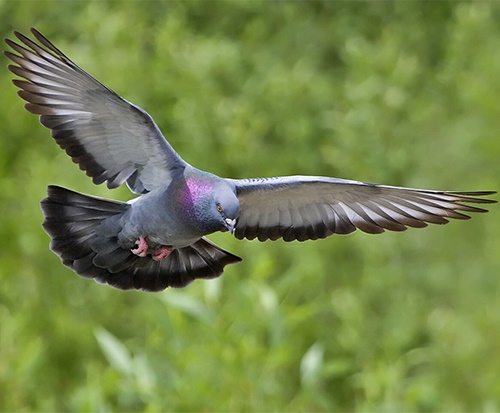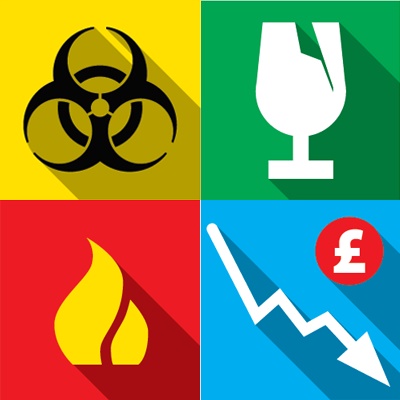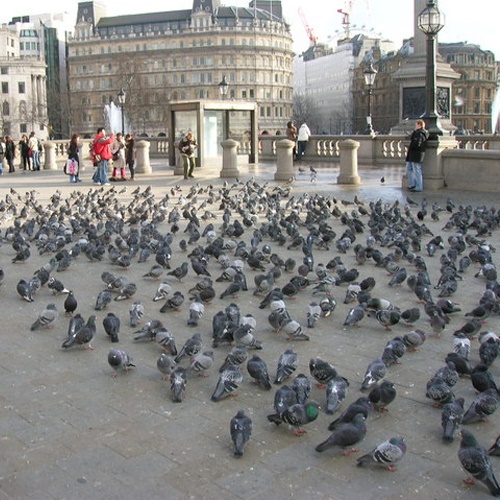 In the absence of natural predators, birds which fall sick survive to infect healthy ones with ornithosis and other diseases, some of which can be transmissible to man. Their accumulated droppings are also sources of disease.
In the absence of natural predators, birds which fall sick survive to infect healthy ones with ornithosis and other diseases, some of which can be transmissible to man. Their accumulated droppings are also sources of disease.
Birds such as Pigeons carry a variety of diseases such as Ornithosis, Listeria and E-coli that can be transmitted to man not only from the droppings but also the birds themselves. When dry, pigeon droppings can become airborne in small particles, which can lead to respiratory complaints such as psittacosis.
Pigeon droppings are acidic and can corrode/erode metals, stonework and brickwork. Nesting materials birds use can block chimneys, flues and guttering, causing possible issues with carbon monoxide and damage to buildings as water overflows from blocked gutters.
 Buildings covered in fouling looks unpleasant can smell, and projects a poor image of business, potentially ruining an organisation's reputation. If customers spot evidence of a heavy Pigeon infestation on premises, they may not want to do business with you.
Buildings covered in fouling looks unpleasant can smell, and projects a poor image of business, potentially ruining an organisation's reputation. If customers spot evidence of a heavy Pigeon infestation on premises, they may not want to do business with you.
Closely linked to Pigeon activity such as nesting are parasites such as mites, ticks, fleas and beetles. So if you have a current or past problem with birds and have done nothing, you may find you'll suffer from a parasite infestation too.
How to prevent and get rid of birds
Pigeon prevention, proofing and control are a highly specialised skill, requiring specialist equipment and tools. Control of Pigeons through population reduction techniques is generally both less desirable and less effective than removing their food sources or blocking off sites where they perch or roost. The latter technique, known as proofing, is now used extensively.
 For proofing, professional pest controllers will use methods such as barriers, spikes, nets and wire to great effect. More recently active systems like shock strips, audible scarers and optical gels have been used to create negative associations in birds wishing to land or roost on buildings. All of these methods of proofing have their merits, and some can offer a stronger and more lasting deterrent, but as with any method of control, they may become less effective over an extended period. For a heavy Pigeon infestation, your professional contractor may have to employ methods of control such as shooting, trapping or flying of predatory birds.
For proofing, professional pest controllers will use methods such as barriers, spikes, nets and wire to great effect. More recently active systems like shock strips, audible scarers and optical gels have been used to create negative associations in birds wishing to land or roost on buildings. All of these methods of proofing have their merits, and some can offer a stronger and more lasting deterrent, but as with any method of control, they may become less effective over an extended period. For a heavy Pigeon infestation, your professional contractor may have to employ methods of control such as shooting, trapping or flying of predatory birds.
Having problems with Pigeons?
Use a trained professional pest controller.
Search for your local BPCA member